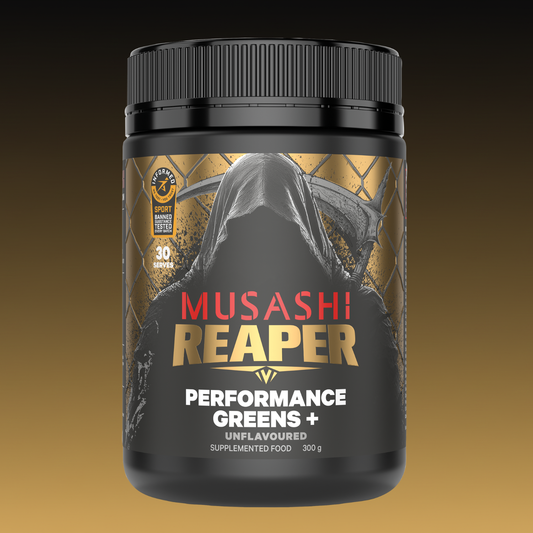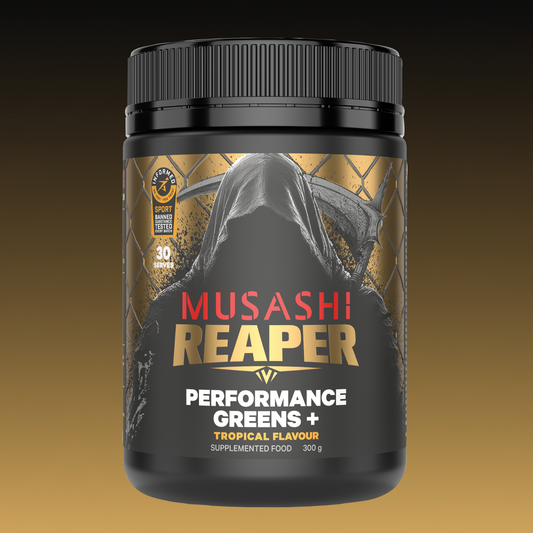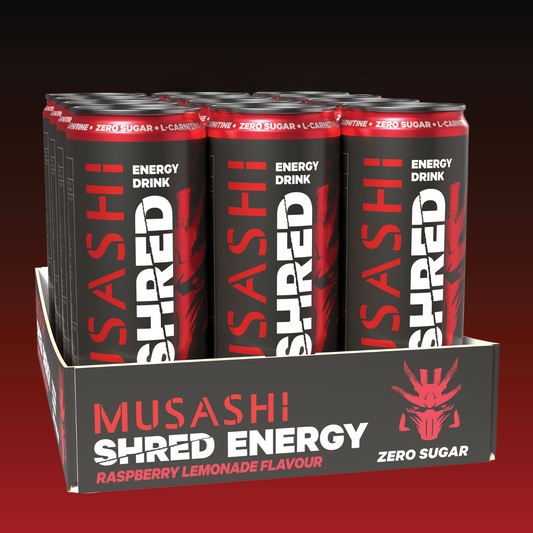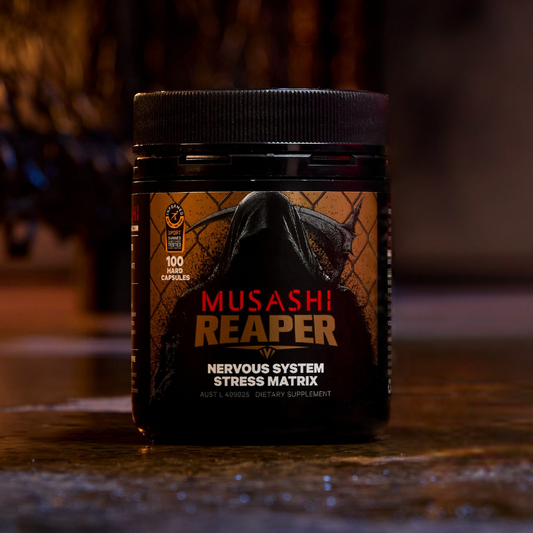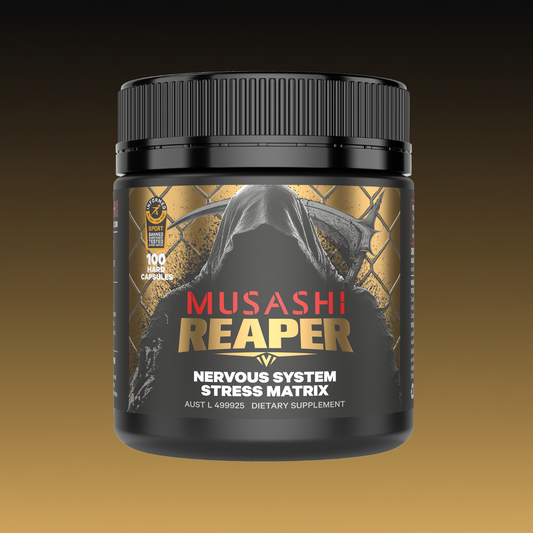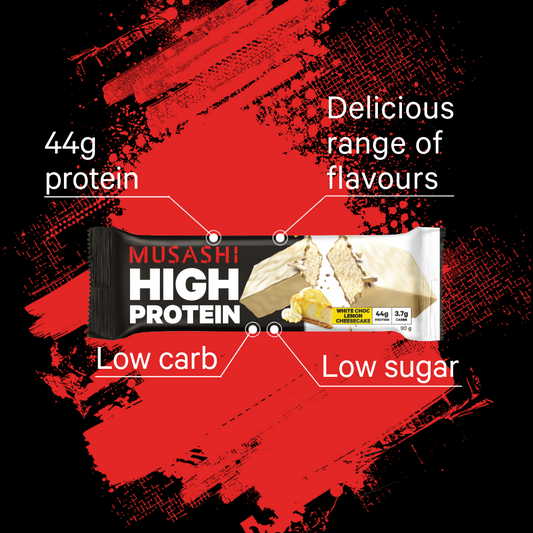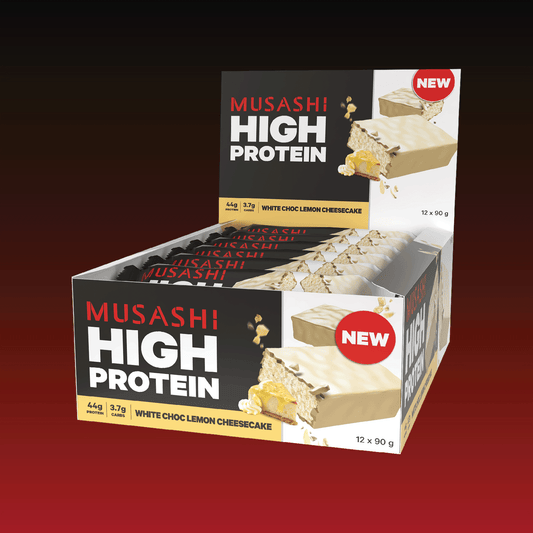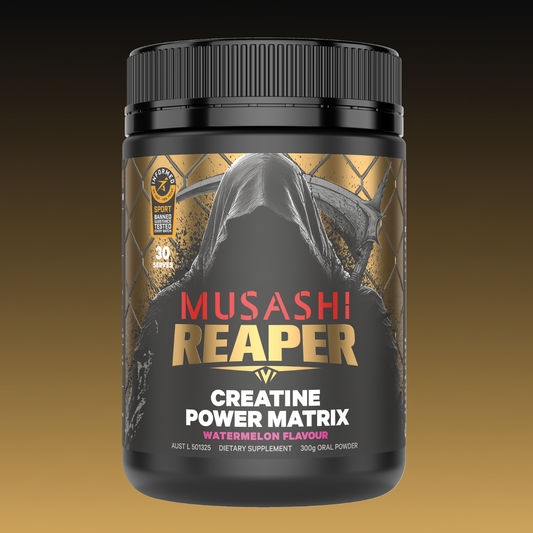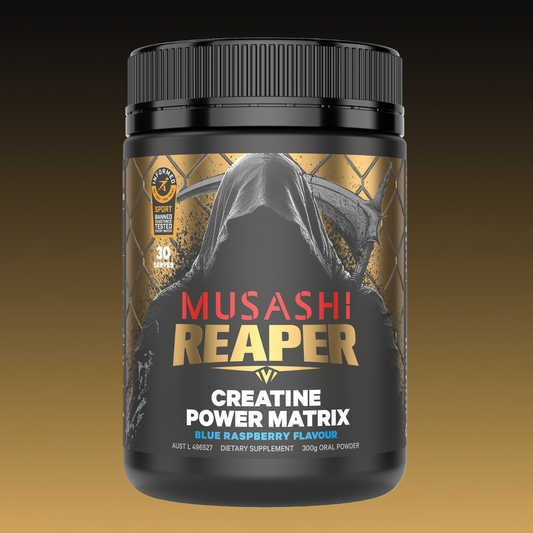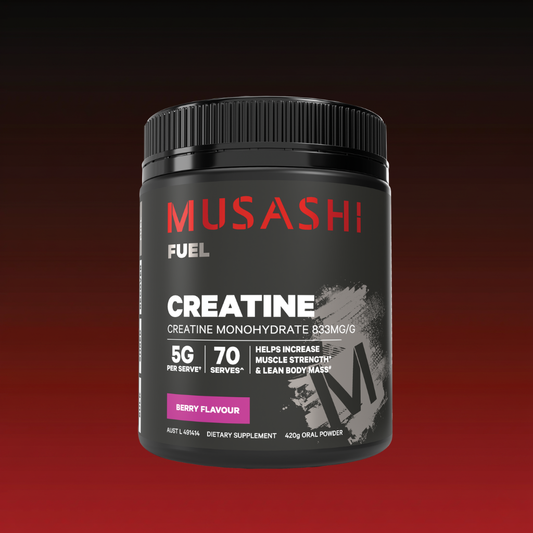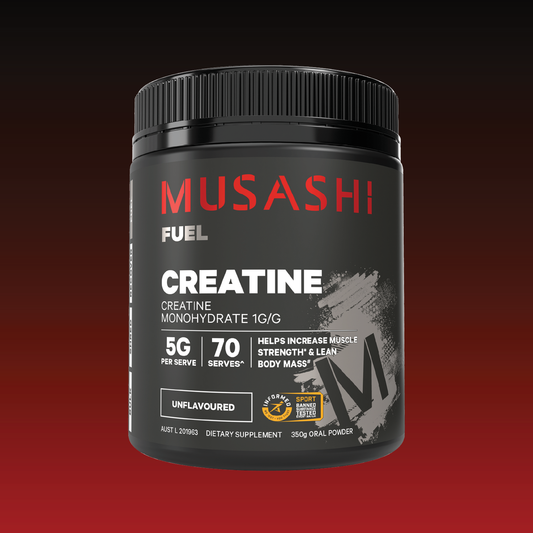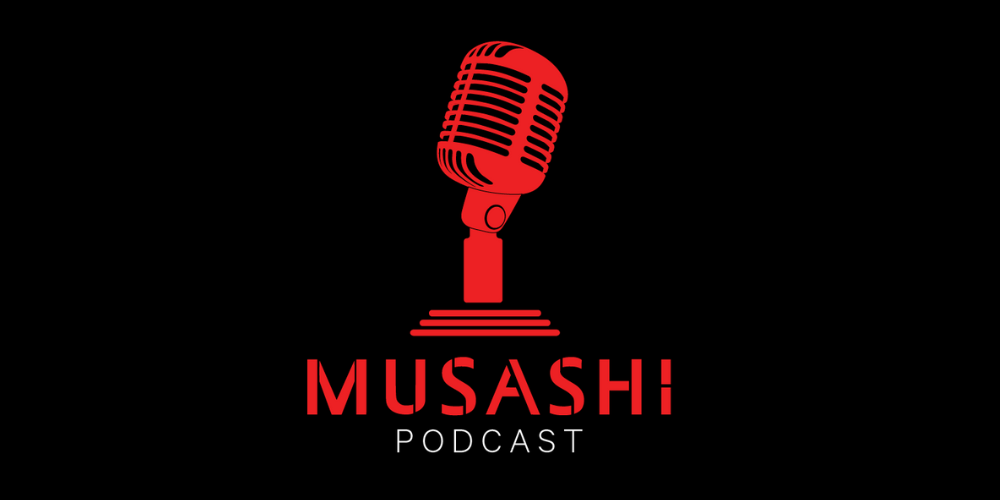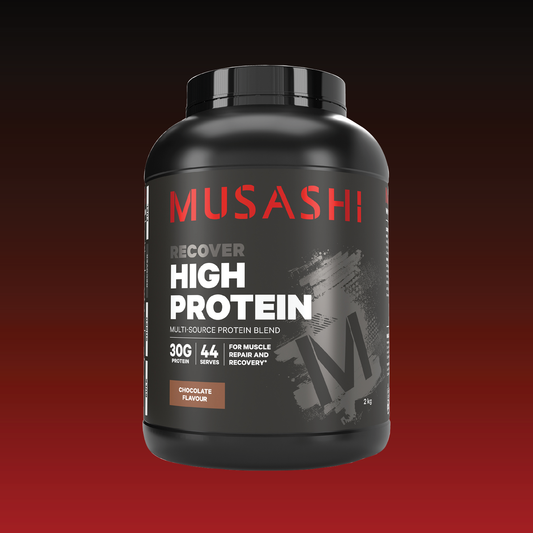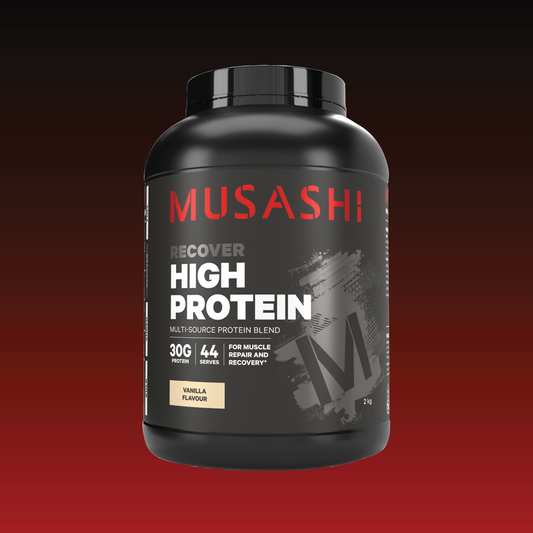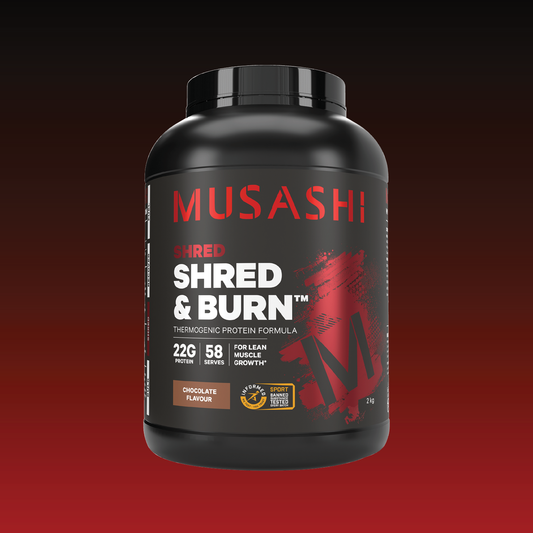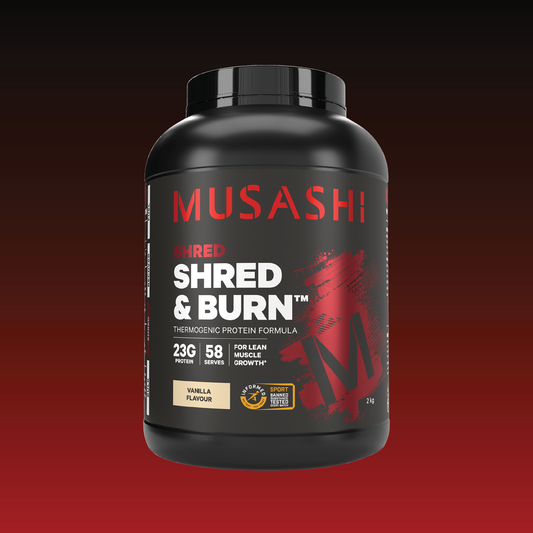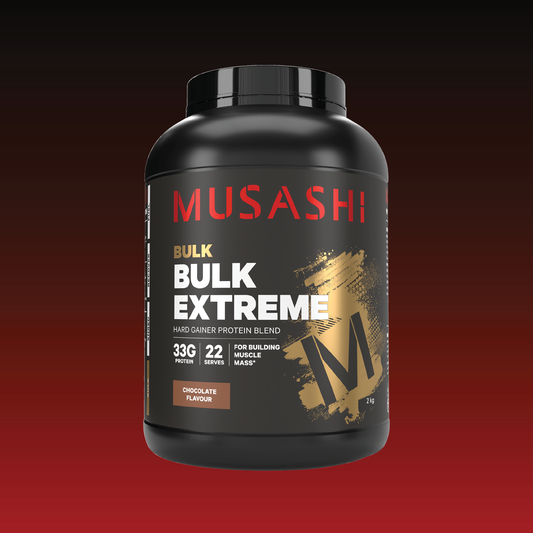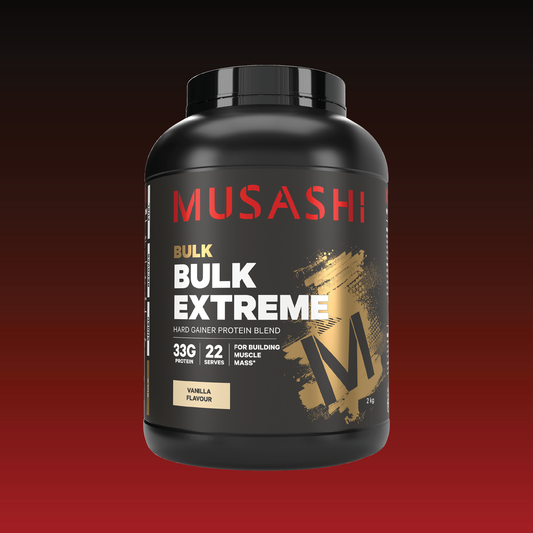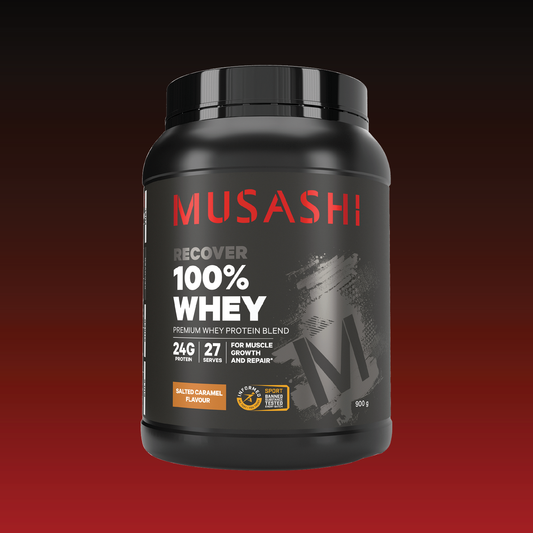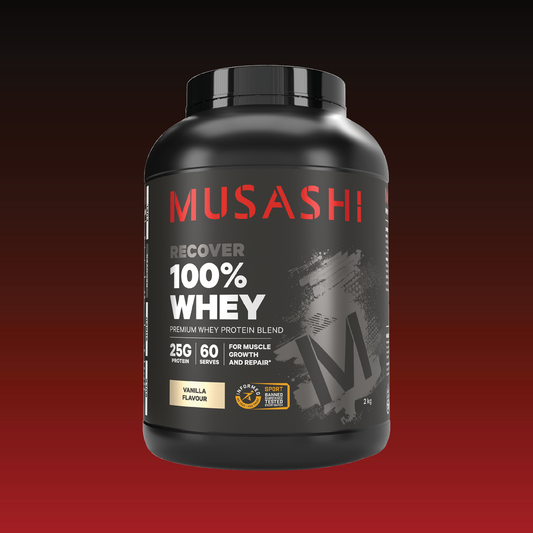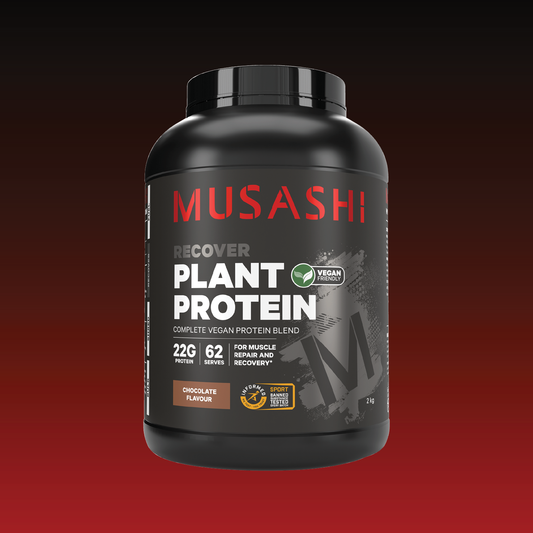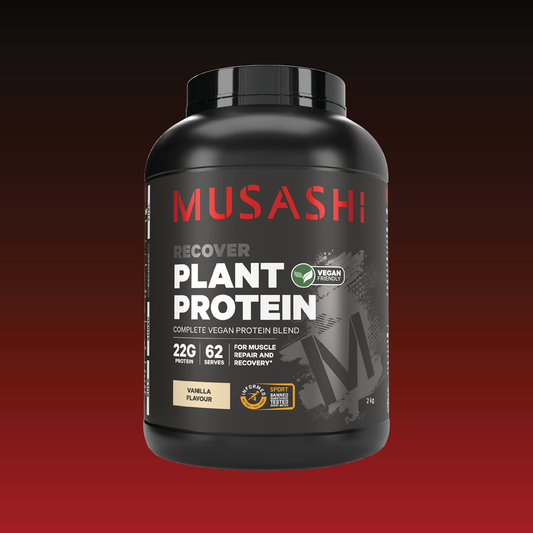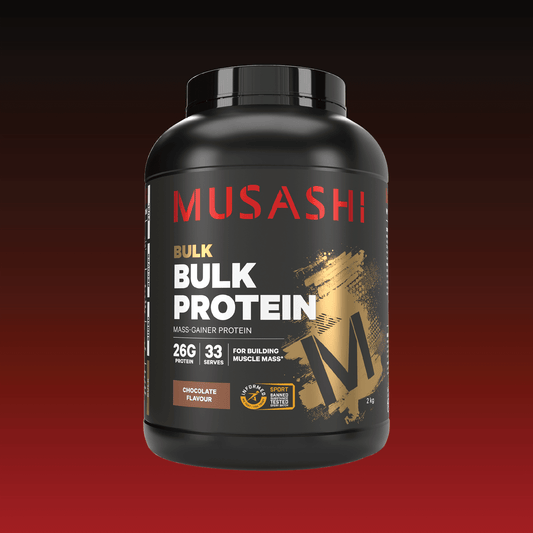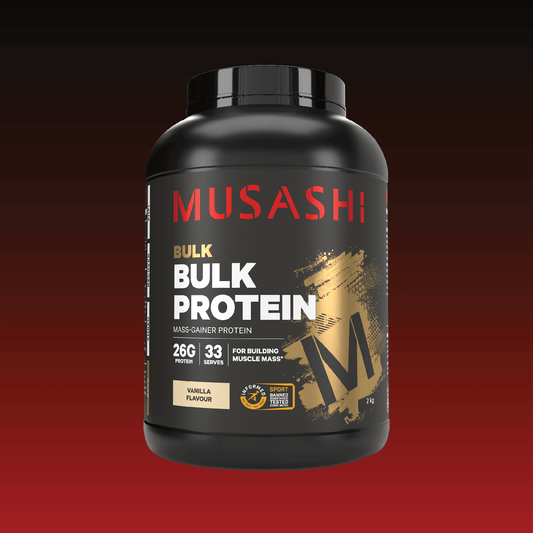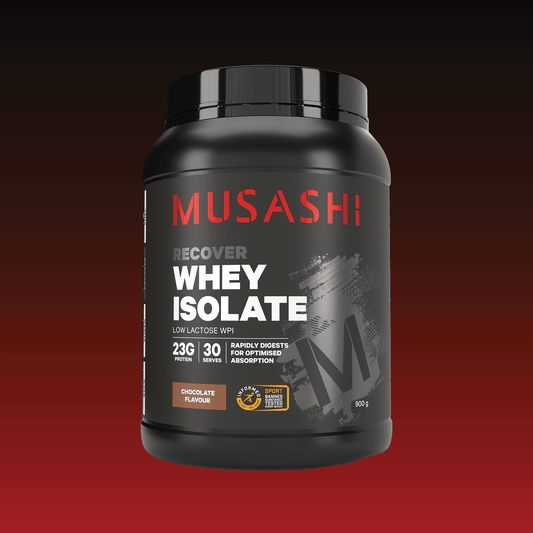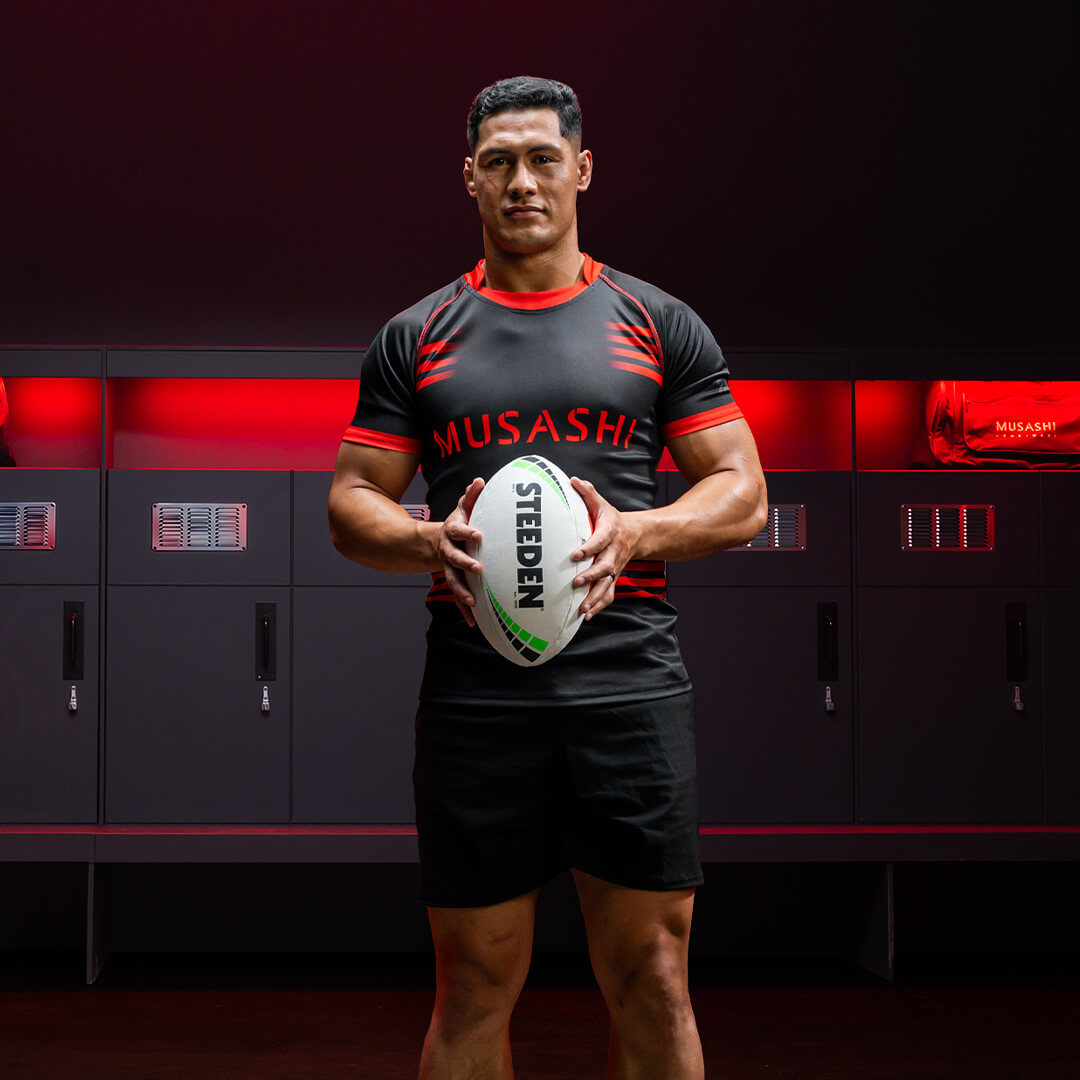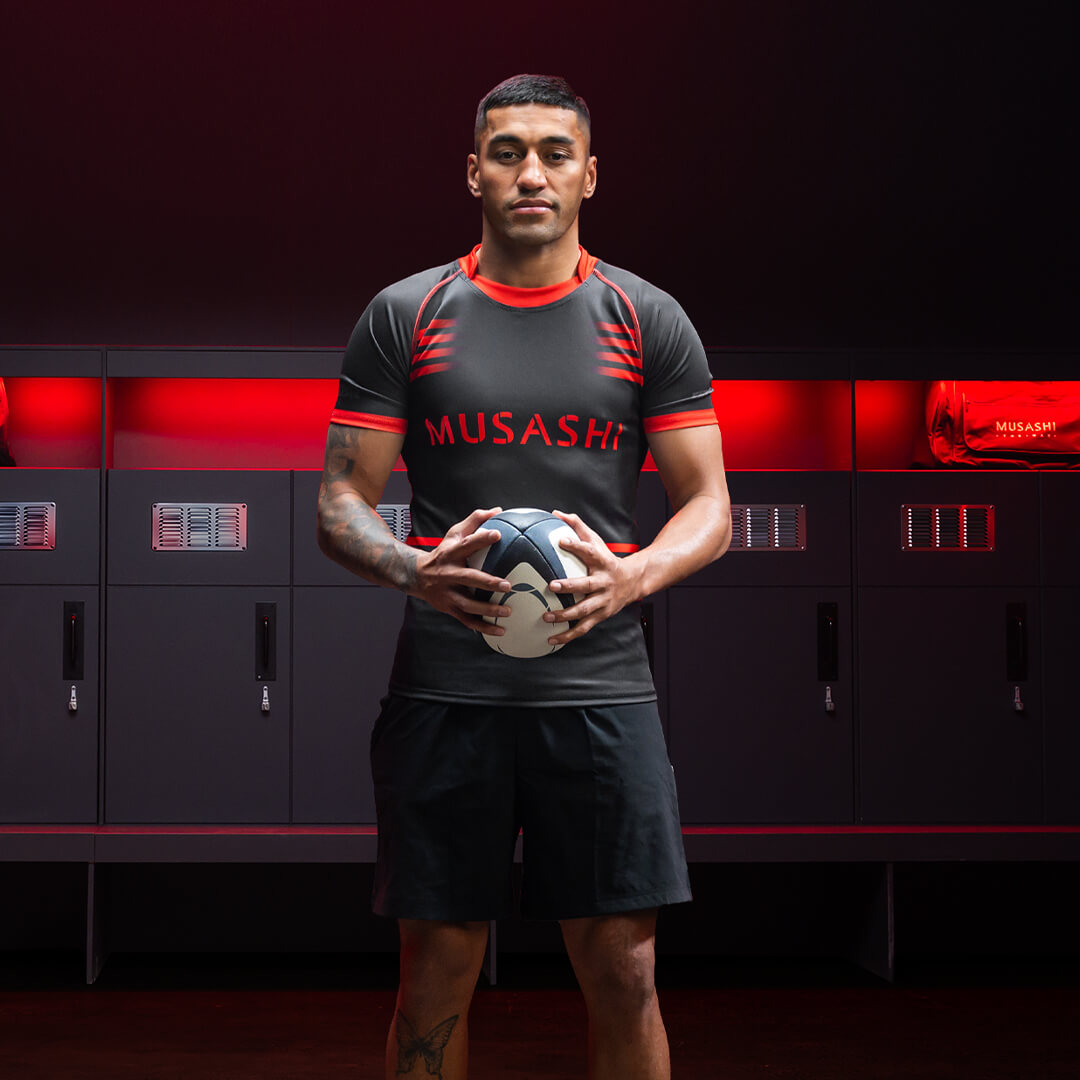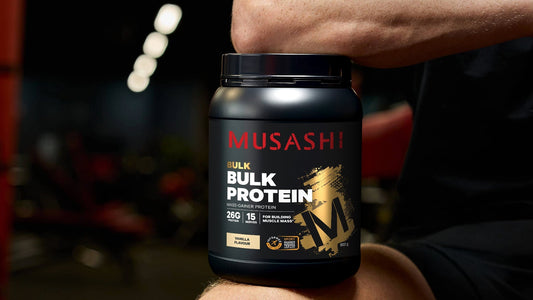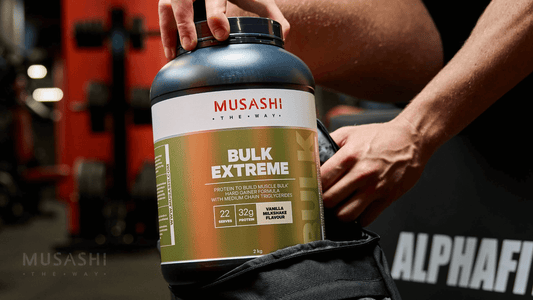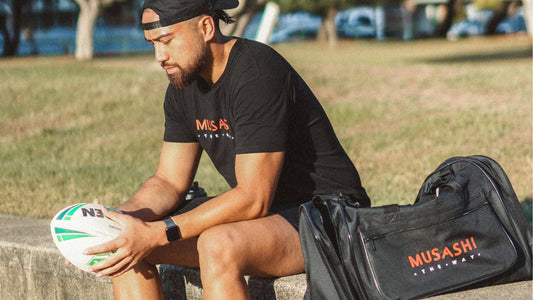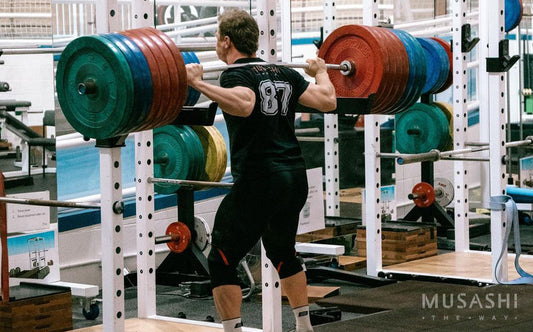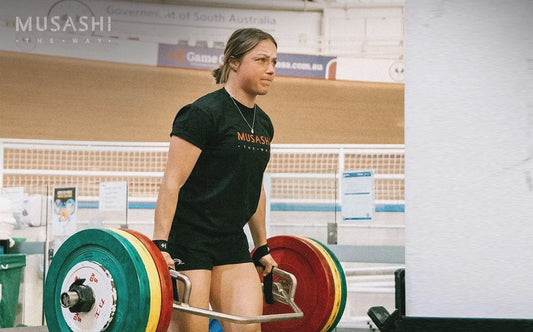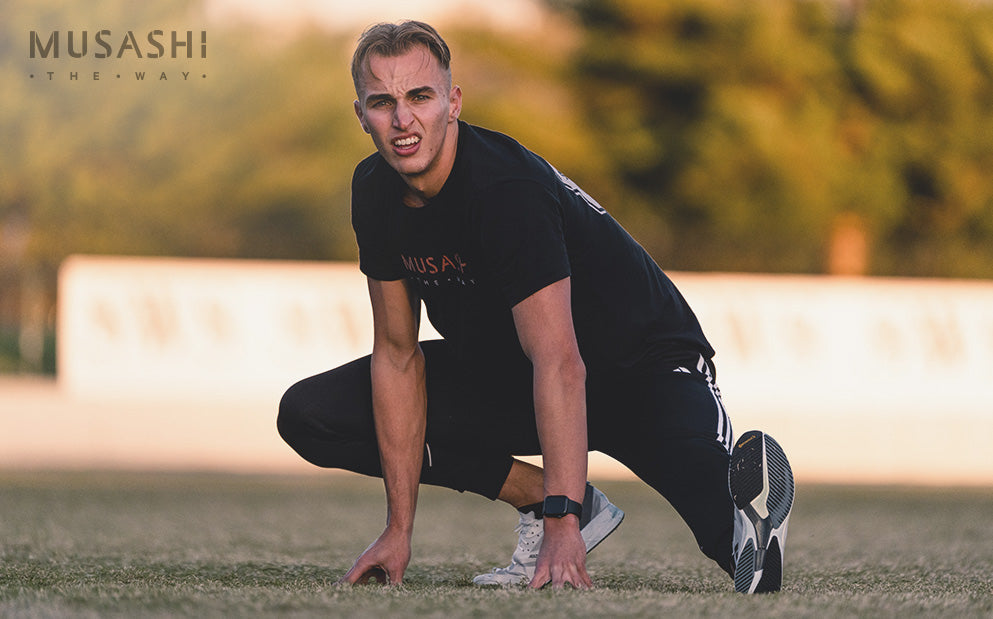
The risk of injury is prevalent in every sport and method of training. While it is impossible to completely eliminate the risk of injury, there are several measures that can be taken to minimise the risk of injury, reduce the severity of potential injury and decrease recovery time. In this article we will explore the top five strategies below to minimise sports injuries and optimise recovery.
Top 5 Measures to Avoid Sports Injuries
1. Warming Up and Down
Warming Up is key to ensure that an athlete is physically and mentally prepared for exercise. An effective warm-up should include stretching and some dynamic movement that is appropriate to the type of exercise being performed. Most sports demand a warm-up that involves a light jog and lower body movement. Warming Down is equally important, especially for athletes that are training and competing multiple times a week. Stretching, light activity and mobility exercises help to relax the muscles and return to baseline in preparation for the next stage of exercise.
2. Protective Gear
Wearing protective gear is plays a large role in minimising the risk and severity of injury. Head guards, helmets, shin guards, ankle straps and knee pads are examples of protective gear that are widely used in injury prevention. Becoming accustomed to each item of protective gear prior to competition and making sure the item fits and is comfortable is highly recommended.
3. Know the Rules and Practice Good Technique
Many sports injuries occur because players don't follow the rules or use poor technique. Asking questions and researching the basics of a sport can make the difference between remaining healthy and being responsible for injuring yourself and others.
4. Listen to Your Body
Frequently, the first opportunity to minimise the severity of injury, or avoid them entirely, is to respond to the signals sent by the body. Pain and discomfort are often an early sign that some physical issue needs to be addressed. Instead of ignoring these signals, resting and seeking medical attention can prove invaluable for a surfacing injury.
5. Stay Hydrated and Eat a Balanced Diet
Maintaining proper hydration and nutrition is essential for any athlete looking to avoid injuries. Dehydration and improper nutrition can lead to muscle cramps and fatigue, leading to higher risk of physical harm. Sport supplements are recommended around times of activity due to convenience and rapid digestion time compared to whole foods. Consuming Musashi Electrolytes before and during activity will help replace key minerals lost in sweat during sports. To assist with muscle soreness and recovery, Musashi 100% Whey Protein can be consumed post activity. Be sure to follow these tips each time you train and compete. Whether you're a seasoned athlete or a beginner, prioritising injury prevention can help you stay healthy and keep doing what you love.
